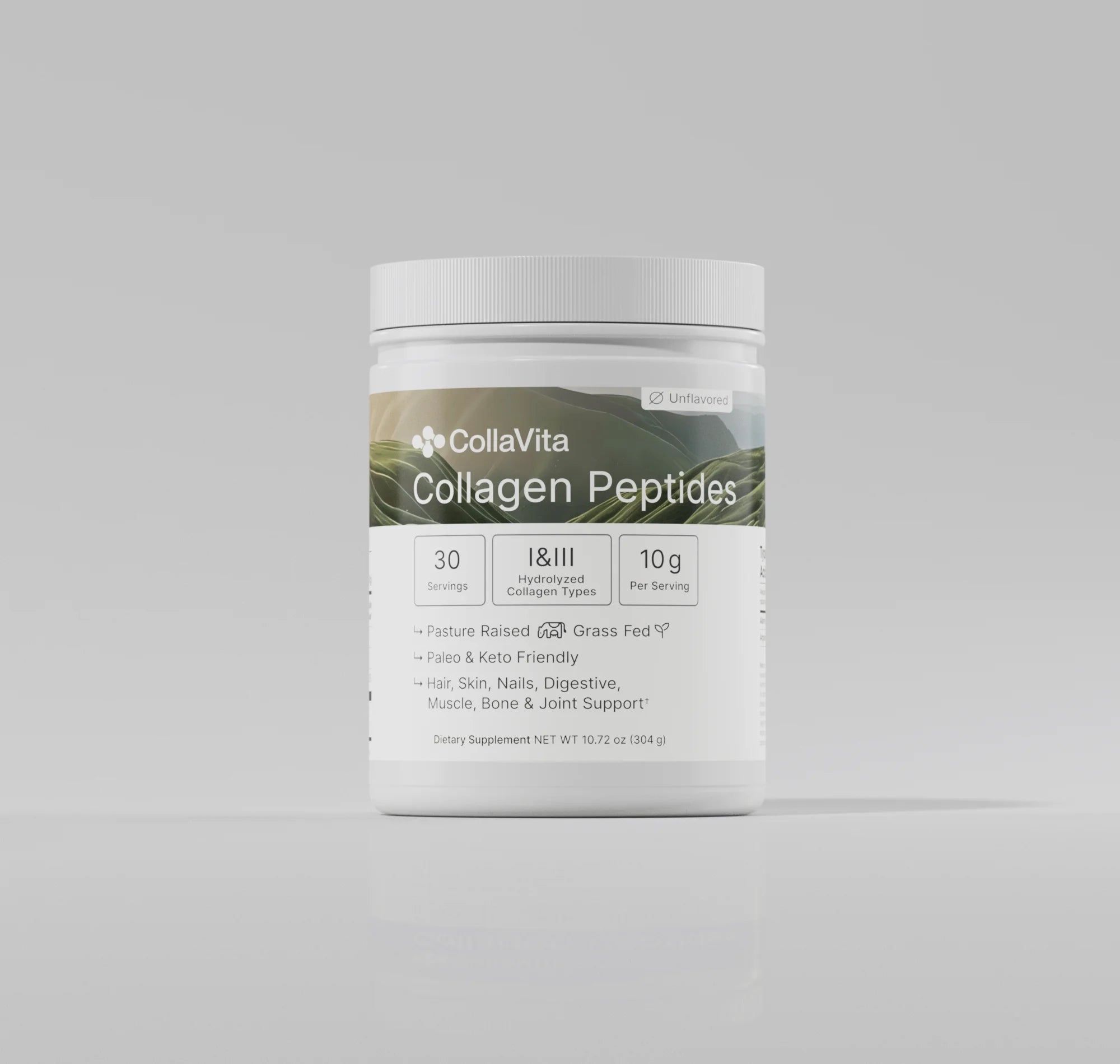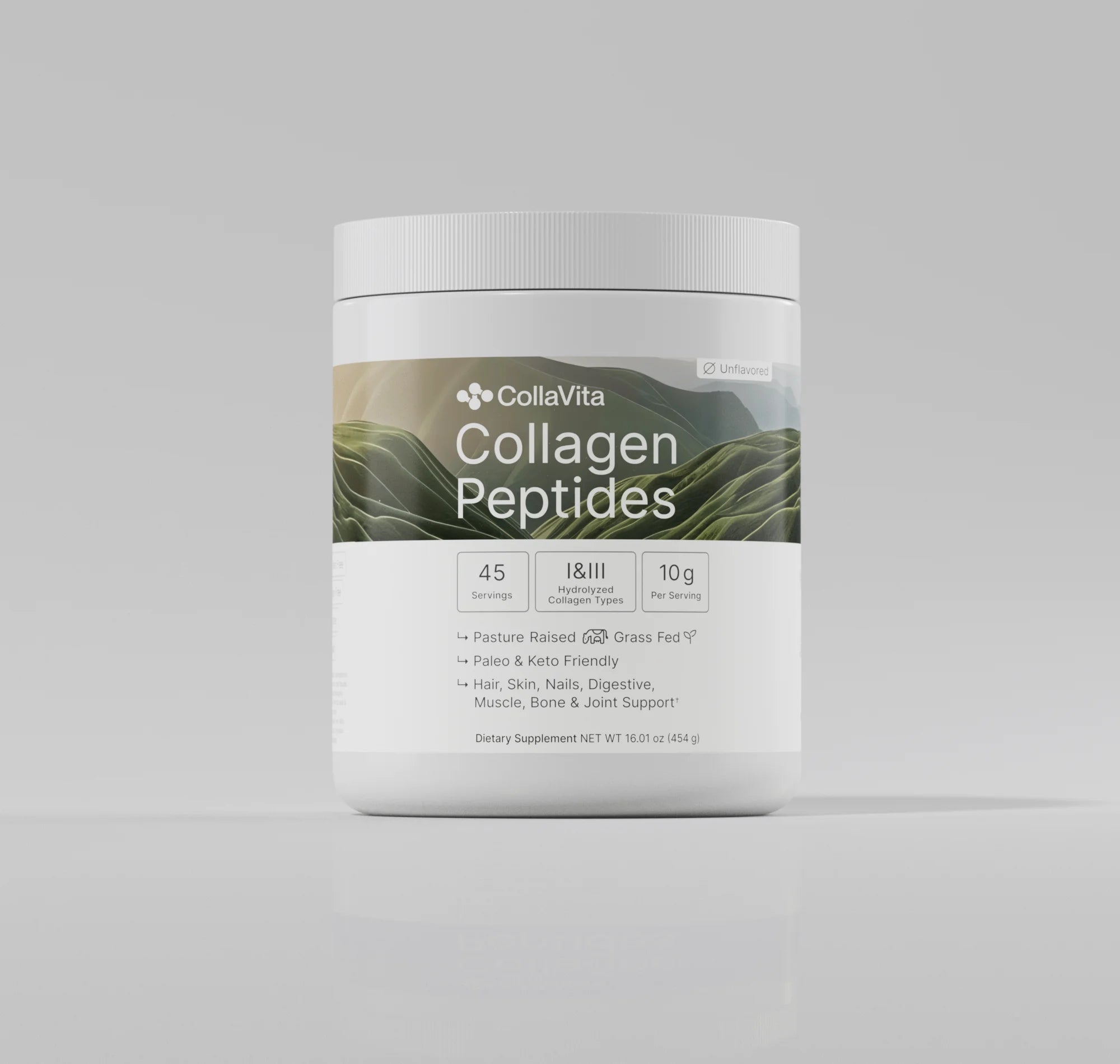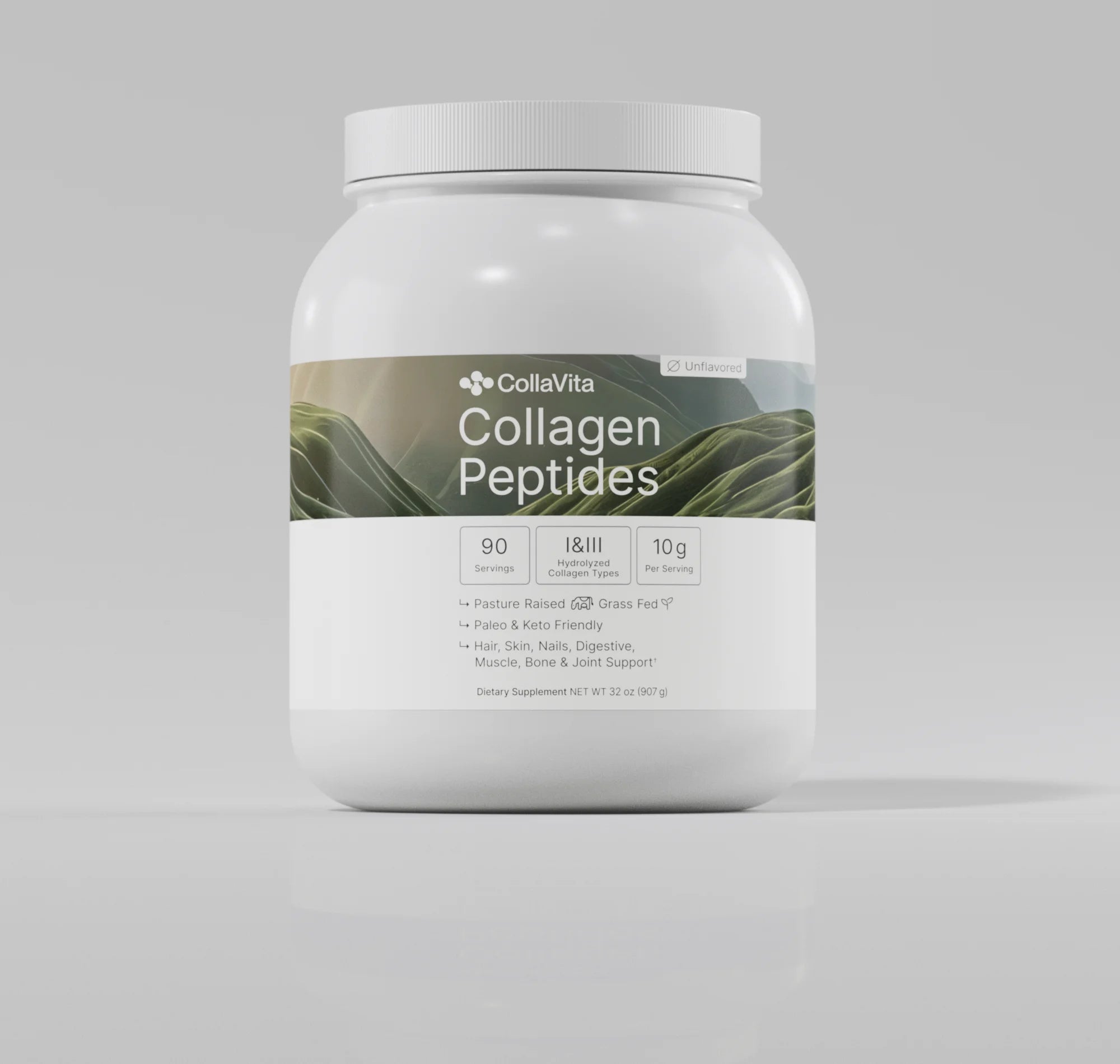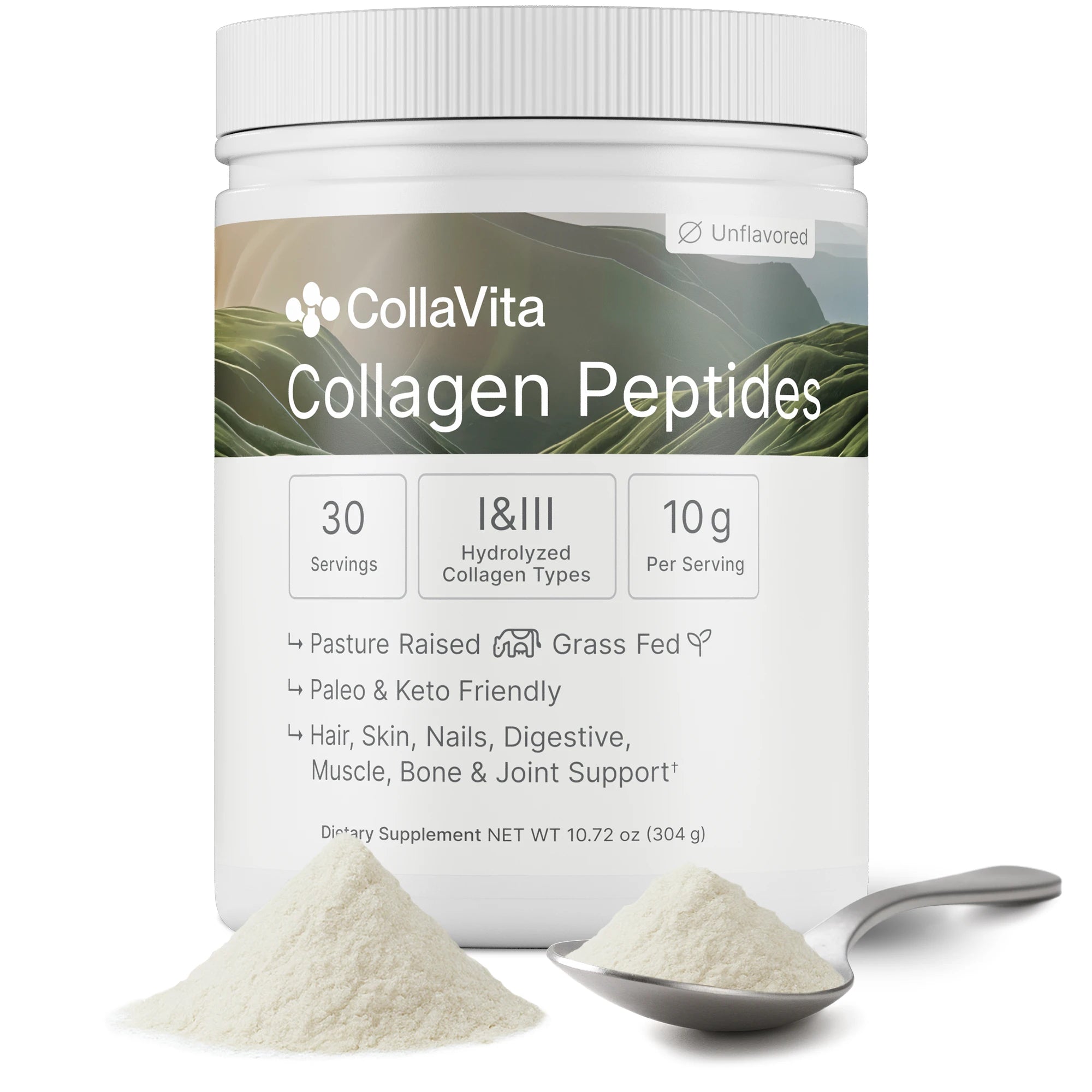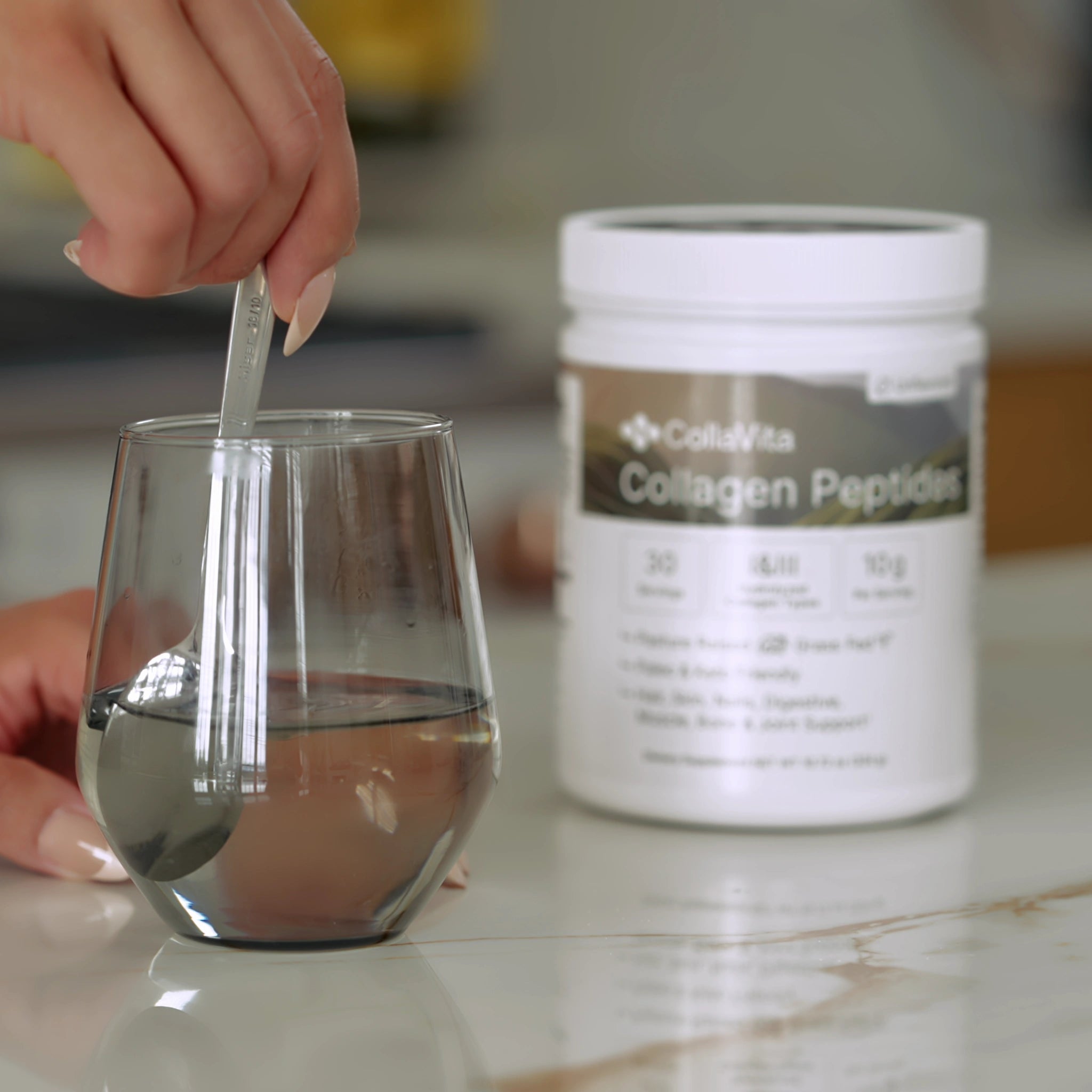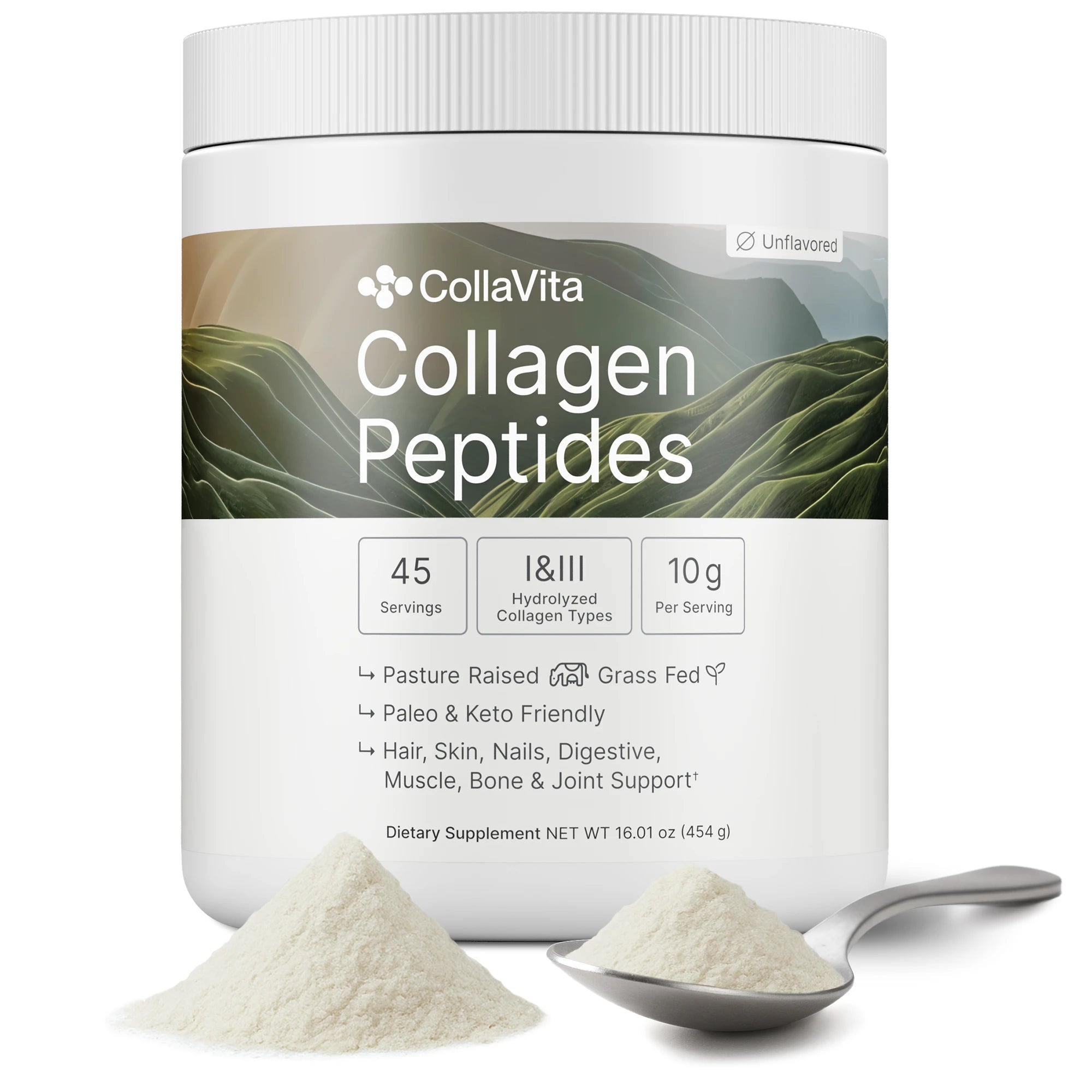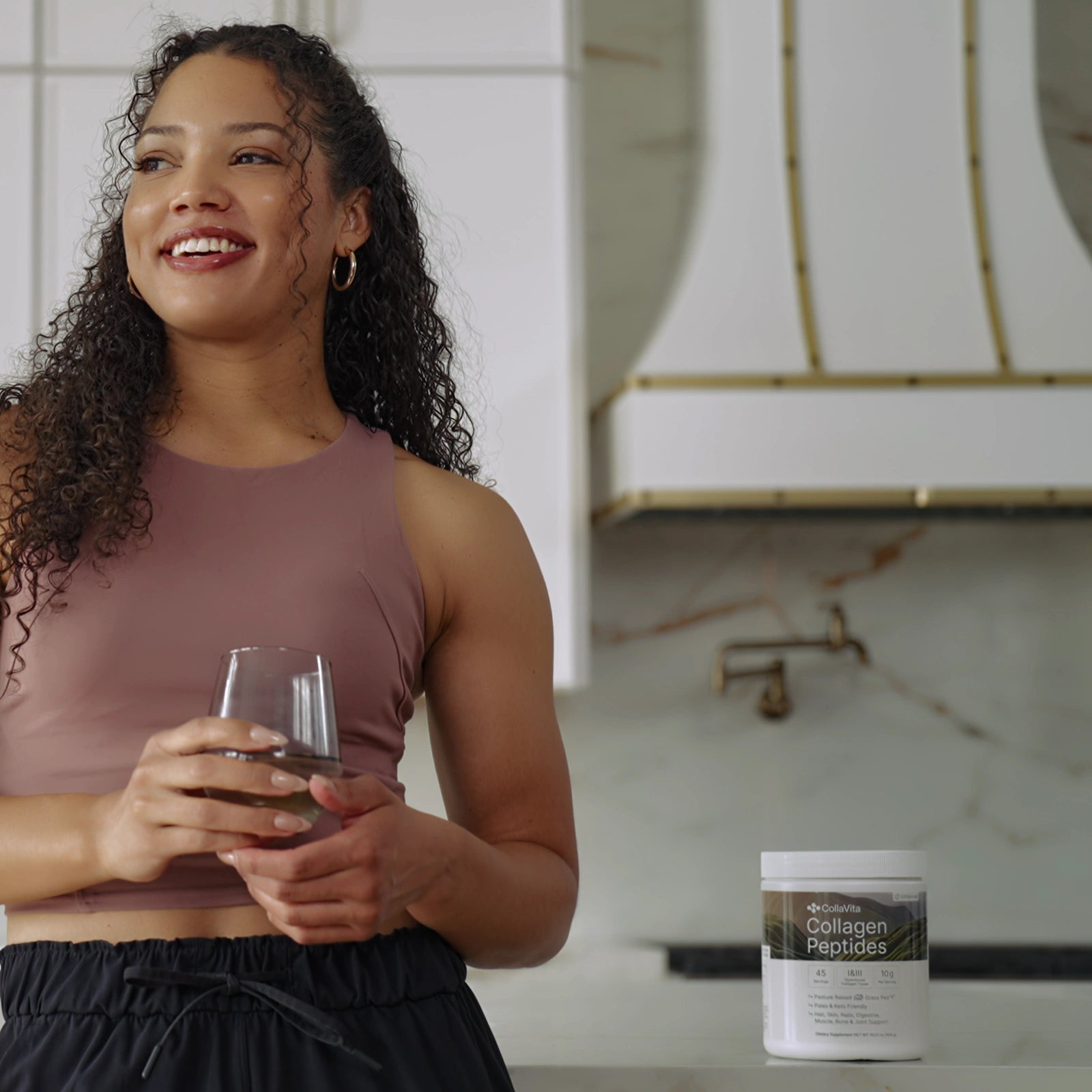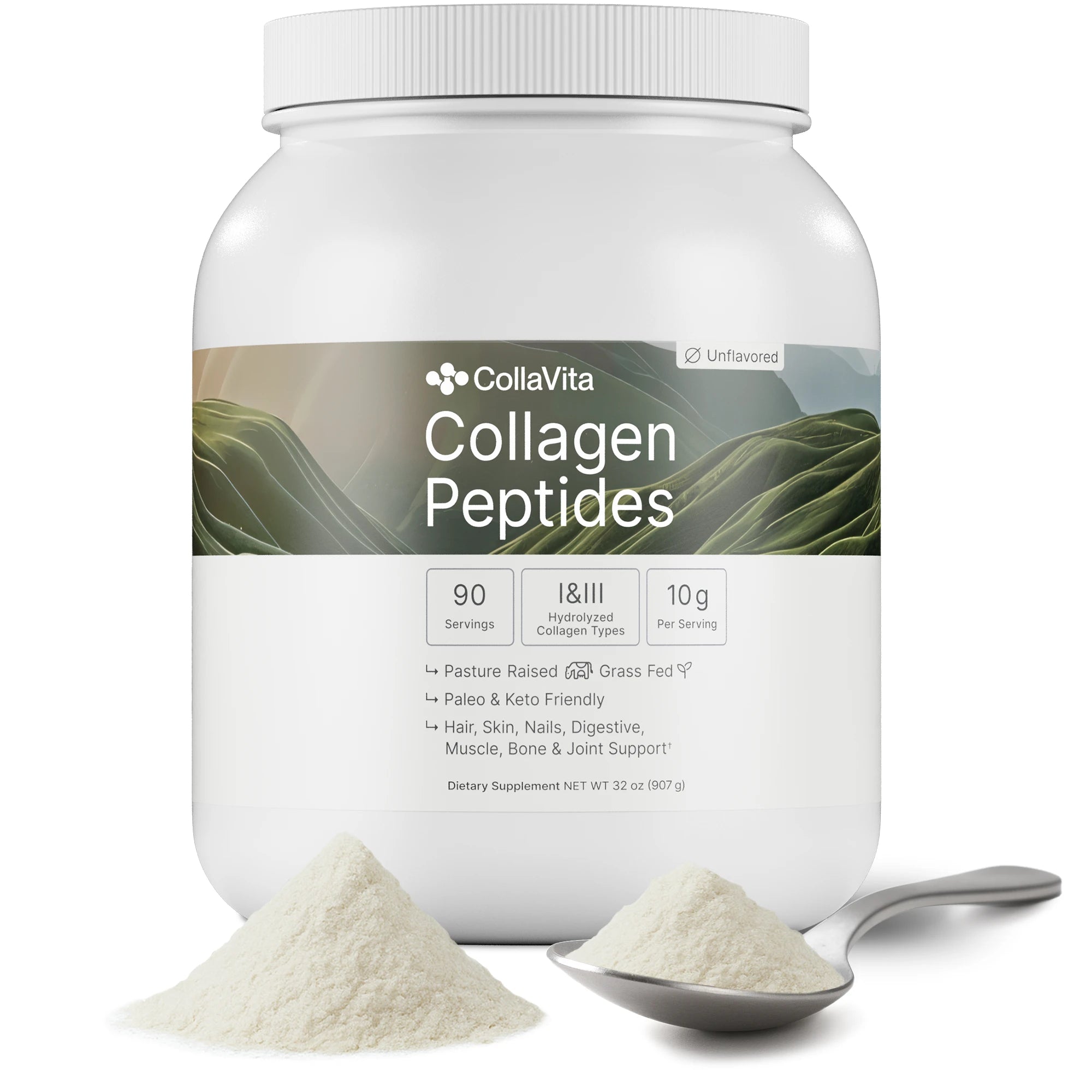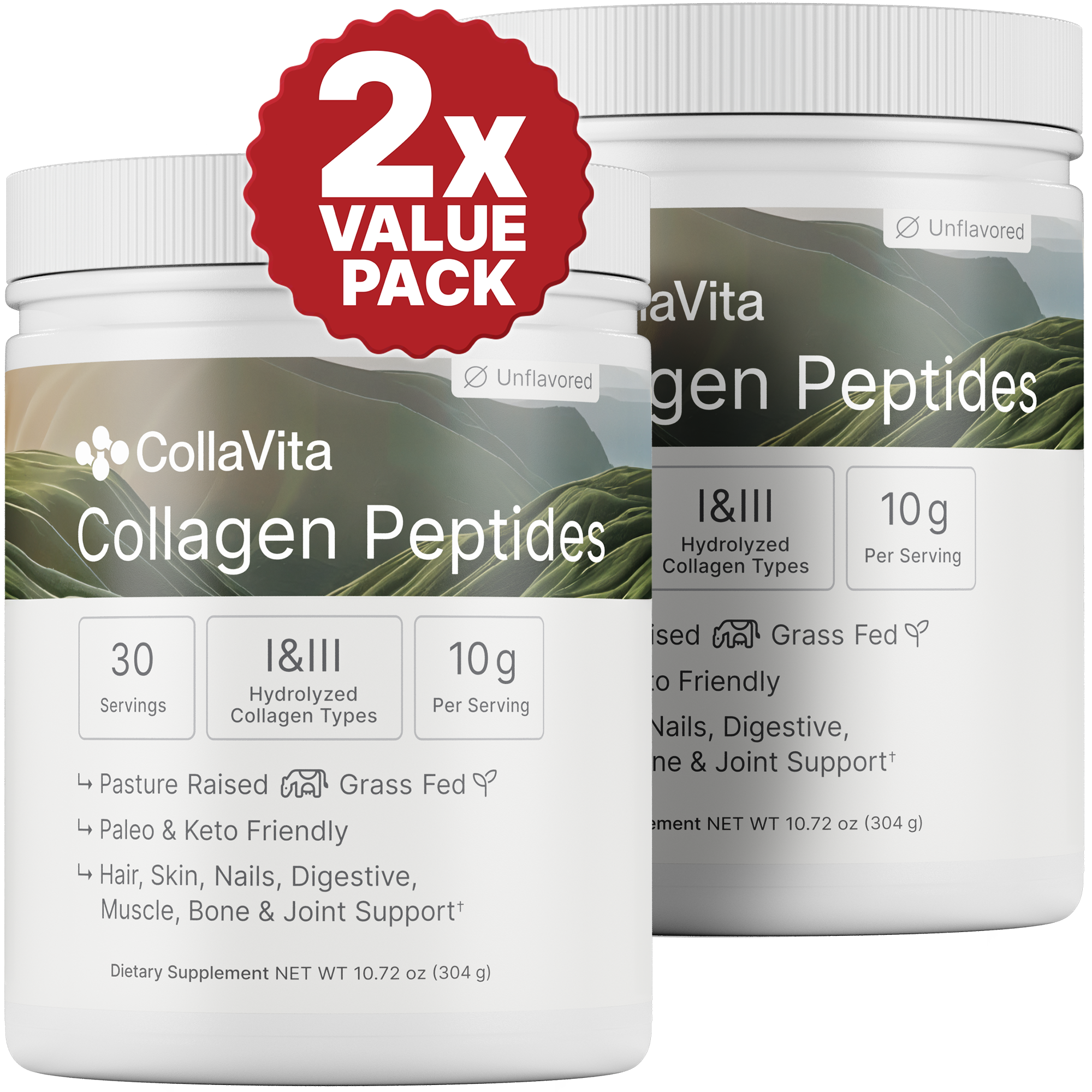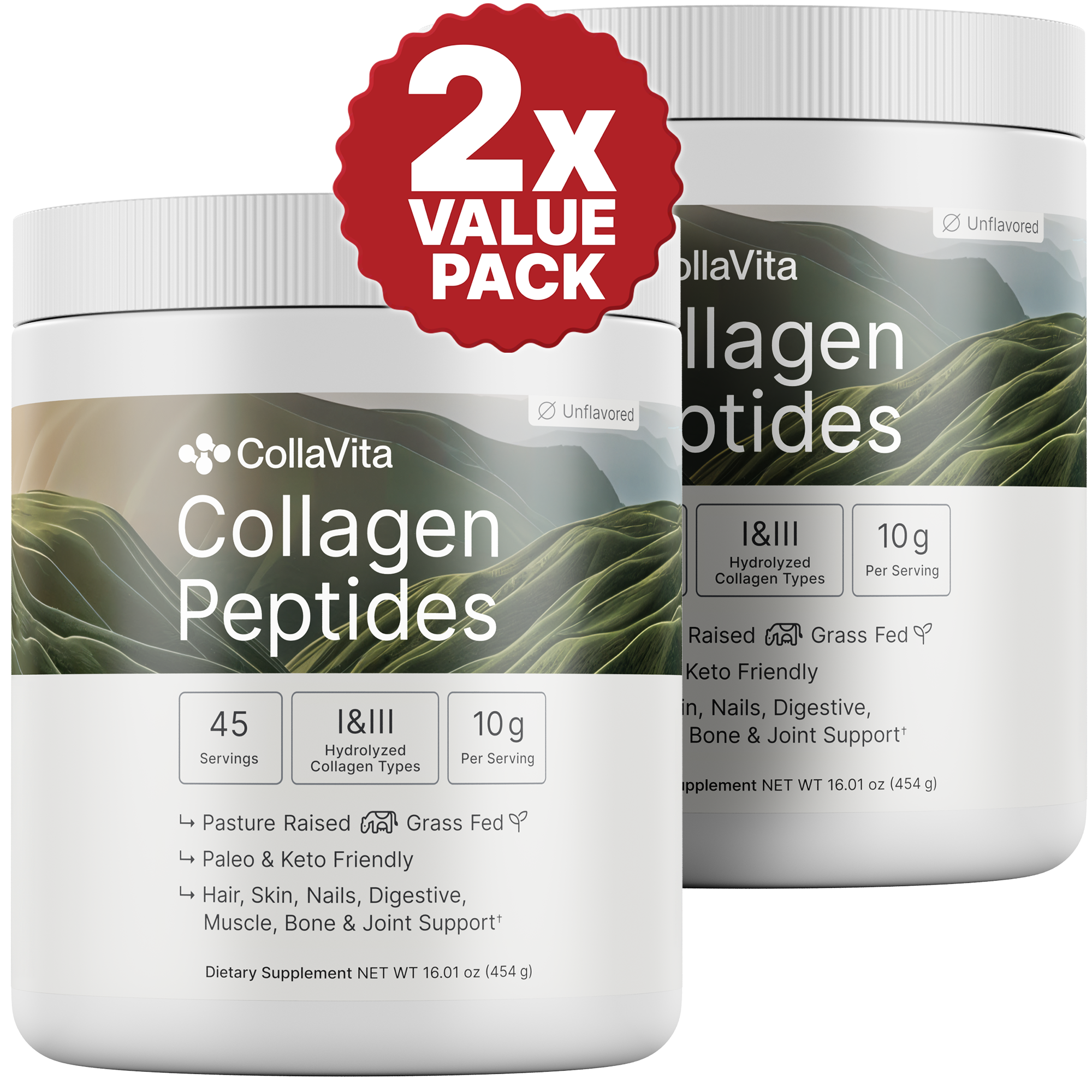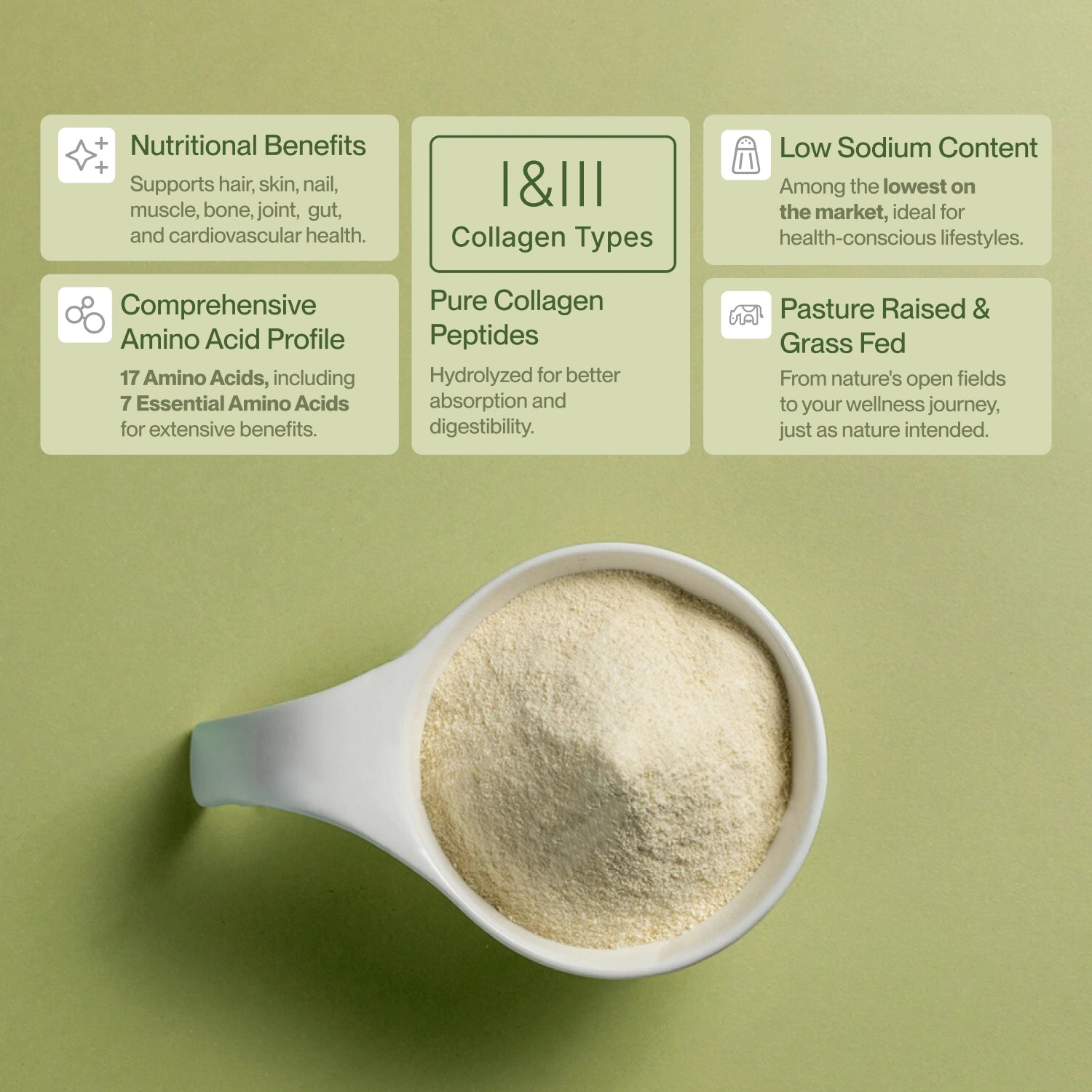Why Collagen is Key for Reducing Wrinkles and Sagging Skin?
The advantages of collagen supplements arise from their ability to reach the skin, where the peptides stimulate fibroblasts to generate new, healthy collagen. Furthermore, peptides derived from collagen hydrolysates, such as proline-hydroxyproline, can stimulate the production of hyaluronic acid, a substance that plays a crucial role in retaining moisture in the skin. Studies have shown improvements in hydration alone; however, a more recent study found improvements in dermal thickness, suggesting a more significant change in dermal structure.
A clinical study involving 1,721 participants of varying ages showed that oral collagen supplementation significantly improved skin parameters. Skin elasticity increased by 38.31% after three months of regular use. The study also observed a 12.5% improvement in skin moisture within 6 to 12 weeks of supplementing with 1 gram of chicken-sourced collagen daily. These findings suggest that the beneficial effects of chicken collagen on skin develop more gradually. The researchers concluded that at least eight weeks of regular collagen intake is necessary to achieve visible improvements in skin health(1).
The Role of Collagen in Anti-Aging
Collagen production slows down with age. This decline usually starts in one's 20s and occurs at a rate of 1% to 1.5% per year. Meanwhile, environmental factors and ultraviolet radiation hasten the deterioration of preexisting collagen. The skin loses its elasticity, sags, develops wrinkles, and becomes less able to retain moisture, all of which are indicators of aging.
A clinical study investigated the effects of a daily 5 grams collagen peptide supplement on skin health. Results showed a marked improvement in dermal density and skin moisture after 84 days of supplementation. Within just 28 days, the collagen group experienced noticeable improvements in skin elasticity, wrinkle visibility, nail color, and overall perception of beauty. This randomized, placebo-controlled trial was conducted in 2024 and published in the Journal of Cosmetic Dermatology(2).
Collagen is also increasingly being used in acne treatment and skin regeneration, highlighting its versatility in broader dermatological health.
What Makes the Best Collagen Supplement for Sagging Skin?
Collagen is a key component for the structure, organization, strength, elasticity, and suppleness of the skin. It accounts for around 80% of the skin's dry weight. The best collagen for sagging skin should be high in Type 1 and Type 3 collagen, the two types that naturally decrease with age but are essential for maintaining skin structure and firmness. To maximize its absorption and bioavailability, hydrolyzing this collagen (in peptide form) is crucial.
Research suggests that the group that consumed collagen anti-aging achieved around 63% better results in skin hydration and 72% better improvements in skin elasticity than the placebo group. Considering the duration of use, long-term use (more than 8 weeks) resulted in a 59% improvement in skin hydration, while short-term use (less than 8 weeks) yielded a 39% improvement.
The data indicate that consistent and prolonged consumption of collagen supplements has a positive impact on skin health. The study by Roseane B de Miranda, Patrícia Weimer ve Rochele C Rossi, published by the International Society of Dermatology, analyzed data from 19 distinct studies, yielding significant findings regarding the effects of hydrolyzed collagen on skin aging(3).
How to Choose the Right Collagen Supplement for Sagging Skin?
The best collagen for saggy skin is primarily composed of Type 1 and Type 3. A little over 80–90% of all the collagen in the skin is made up of Type 1 collagen. The skin's elasticity and firmness are attributed to the dense and organized structure of type 1 collagen. Type 3 collagen, on the other hand, is more supple and helps maintain the health of the skin, muscles, and internal organs. Collagen supplements for sagging or wrinkled skin should, therefore, contain mostly Type 1 and, to a lesser degree, Type 3 collagen.
In the digestive tract, collagen is broken down into smaller pieces, or amino acids or peptides, which the body can then absorb. For improved digestion-induced absorption, hydrolyzed collagen (also known as collagen peptides) is prepared by hydrolyzing the large collagen protein into smaller peptides. Through this process, the hydrolyzed collagen becomes more bioavailable and absorbable.
Collagen needs can vary slightly depending on age and gender. If you're looking for a formula designed specifically for women, check out our guide on collagen for women.
FAQ
Below, we take a close look at the subject matter while considering commonly asked questions.
Is marine collagen better than bovine collagen for skin health?
Marine collagen stands out as a potentially more effective source of skin hydration. However, its effects on skin elasticity are not scientifically proven to be superior to those of other collagen sources, such as bovine. Yet, a major plus for marine-derived collagen for fish collagen is that it is an excellent source of omega-3 fatty acids and has an easily digestible structure.
Can collagen supplements improve other signs of aging, like wrinkles?
Collagen supplements can help reduce the signs of aging, including wrinkles. According to studies, using hydrolyzed collagen helps the skin retain more moisture, become more supple, and be less wrinkled. The absorption of these supplements into the bloodstream causes an increase in collagen production, which in turn makes the skin appear smoother. For more targeted results, collagen serums have also been shown to visibly reduce fine lines and enhance skin elasticity by supporting the skin’s natural collagen renewal process.
Additionally, it promotes healthy nails. In women with brittle nails, studies have demonstrated a decrease in nail breakage. Additionally, the treatment has been shown to significantly enhance nail color, reduce yellowness, and reduce the darkness of the nails.
How long does it take to see results from collagen supplements for sagging skin?
Positive effects on skin hydration, elasticity, and wrinkles are usually seen 8 to 12 weeks after starting supplementation. Although the supplement is discontinued, certain effects may endure for up to 30 days. Studies indicate that prolonged use yields superior outcomes in comparison to shorter periods. In particular, use for six weeks was insufficient to achieve elasticity; however, prolonged use was more effective. You can learn more about long-term results, especially in mature skin, in our detailed guide on collagen for women over 50.
Conclusion
Wrinkles, sagging, and dull skin... The most obvious signs of aging appear on our faces. The bright side, though, is that getting the correct collagen supplement can help lessen these symptoms. Hydrolyzed collagens, particularly those containing Type 1 and Type 3 collagen, are easily absorbed by the body. They increase skin elasticity, moisture content, firmness, and vitality when used consistently.
According to extensive scientific research, consistent use for two to three months produces positive results. Simply put, stick to the recommended usage schedule, select a high-quality product, and have patience. Your skin will respond to this care.
SOURCES
(1) - Pu SY, Huang YL, Pu CM, Kang YN, Hoang KD, Chen KH, Chen C. Effects of Oral Collagen for Skin Anti-Aging: A Systematic Review and Meta-Analysis. Nutrients. 2023 Apr 26;15(9):2080. doi: 10.3390/nu15092080. PMID: 37432180; PMCID: PMC10180699.
(2) - Vleminckx, S., Virgilio, N., Asserin, J., Prawitt, J., & Silva, C. I. F. (2024). Influence of collagen peptide supplementation on visible signs of skin and nail health and aging in an East Asian population: A double-blind, randomized, placebo-controlled trial. Journal of Cosmetic Dermatology, 23(11), 3645–3653.
(3) - de Miranda RB, Weimer P, Rossi RC. Effects of hydrolyzed collagen supplementation on skin aging: a systematic review and meta-analysis. Int J Dermatol. 2021 Dec;60(12):1449-1461. doi: 10.1111/ijd.15518. Epub 2021 Mar 20. PMID: 33742704.
Scientifically Reviwed by Omer (Matt) Sermet
Connect with the author on LinkedIn


